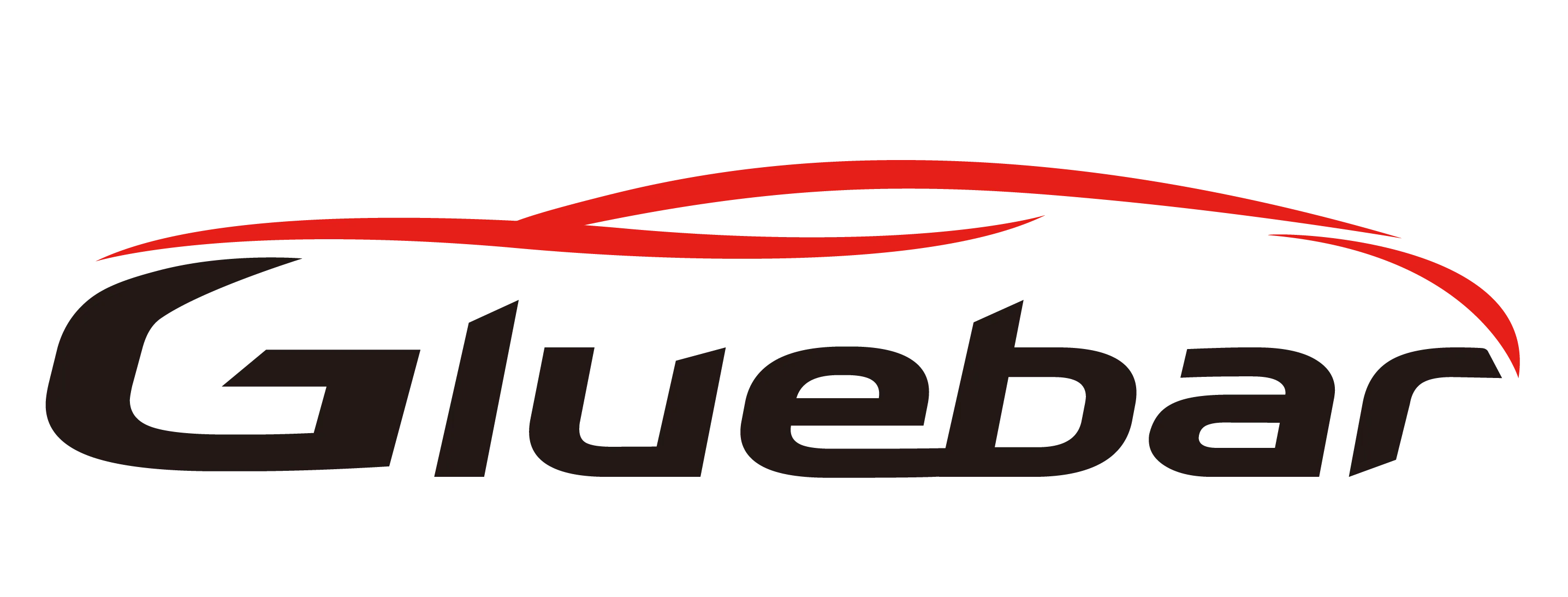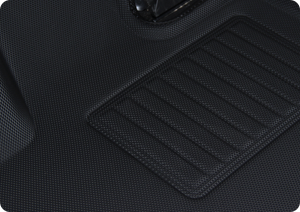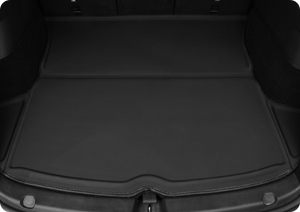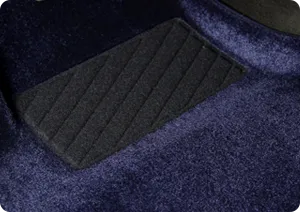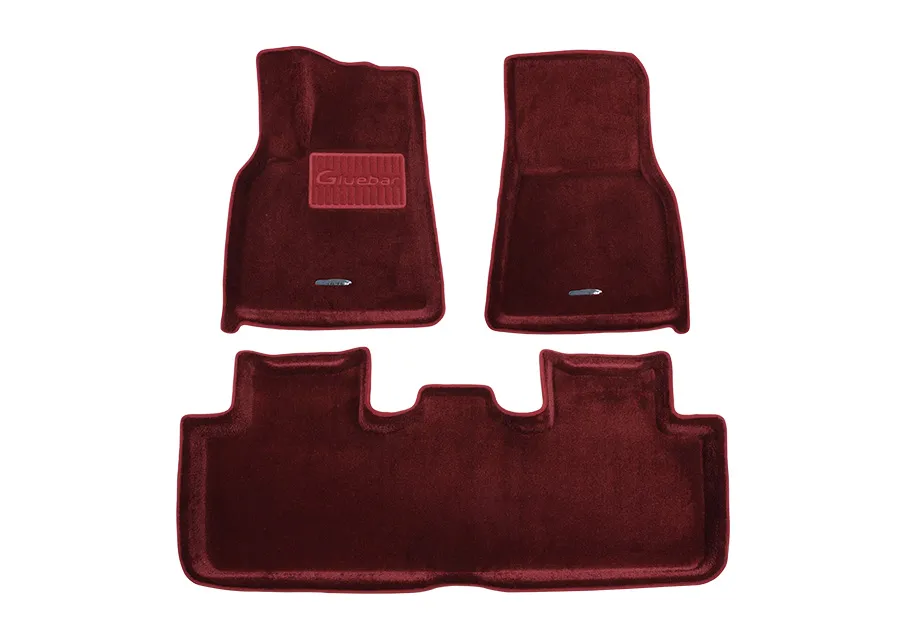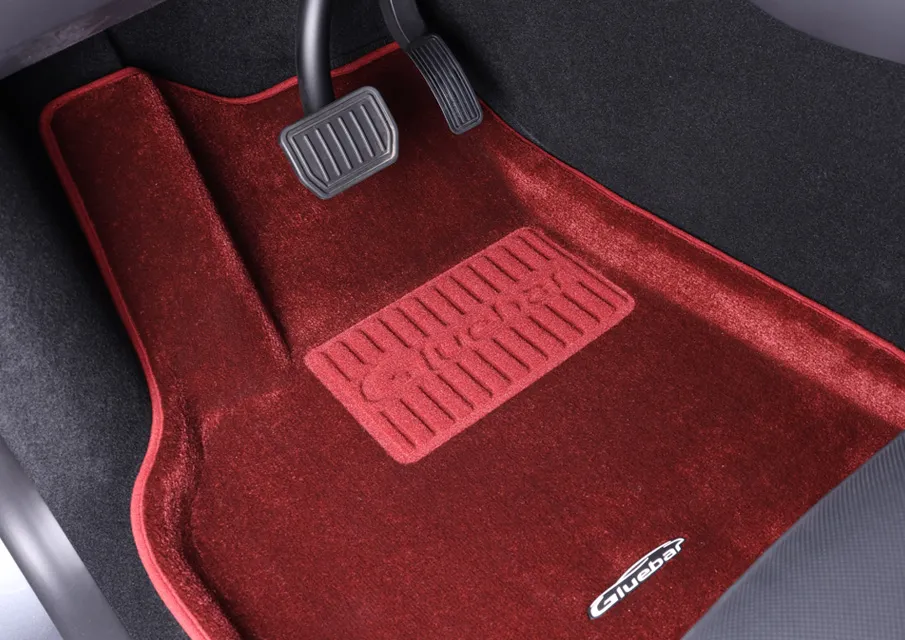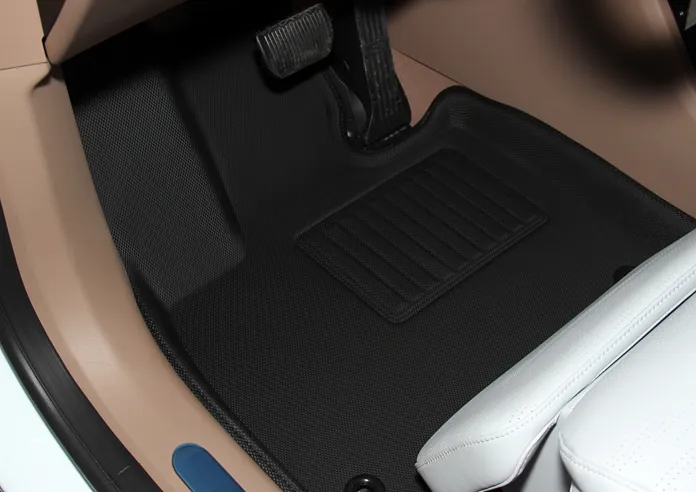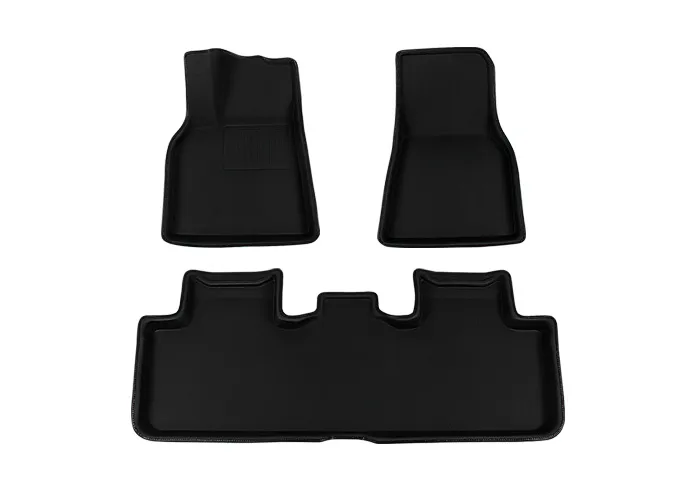Starting a business in the automotive accessories sector means one critical decision: should you partner directly with a manufacturer or go through a trading company? For distributors and importers, this choice impacts not only costs but also product quality, delivery timelines, and long-term stability. Understanding the difference can help you make smarter business decisions and secure sustainable growth.
Why It Matters to Distinguish Manufacturers from Trading Companies
1. Impact on Brand Reputation and Market Positioning
Manufacturers control production processes and quality checks, directly determining fit, durability, and eco-friendliness. Trading companies depend on third-party factories and cannot guarantee consistency across batches. When customers complain about odor, poor durability, or bad fit, they don’t blame the factory—they blame your brand.
2. Impact on Cost and Delivery
Manufacturers offer competitive ex-factory prices and can optimize costs and delivery schedules based on order size. Trading companies, acting as intermediaries, add markups and often lack control over production schedules, leading to uncertain delivery times.
3. Stability of Business Partnerships
Manufacturers have long-term capacity planning and R&D capabilities, allowing continuous product improvement as customers grow. Trading companies may switch factories due to unstable supply chains, increasing partnership risks.
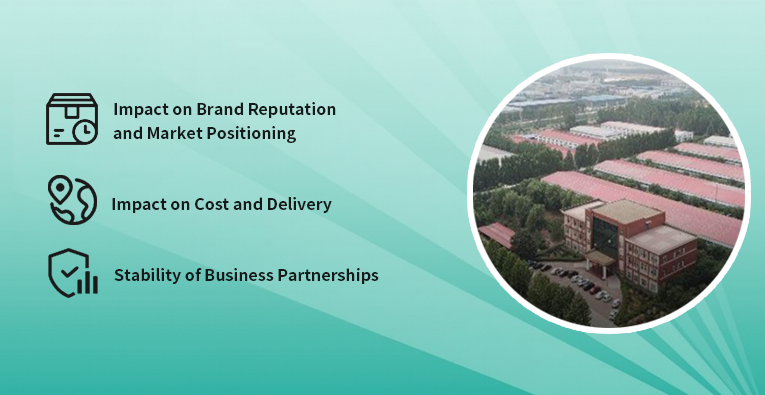
Key Advantages of Car Mats Manufacturers
1. Comprehensive Production and Certification Systems
Reliable manufacturers, such as Gluebar, not only operate independent production lines but are also certified with ISO9001 and IATF16949 quality management systems, as well as CQC product certification, ensuring compliance with international standards. These credentials are rarely matched by trading companies.
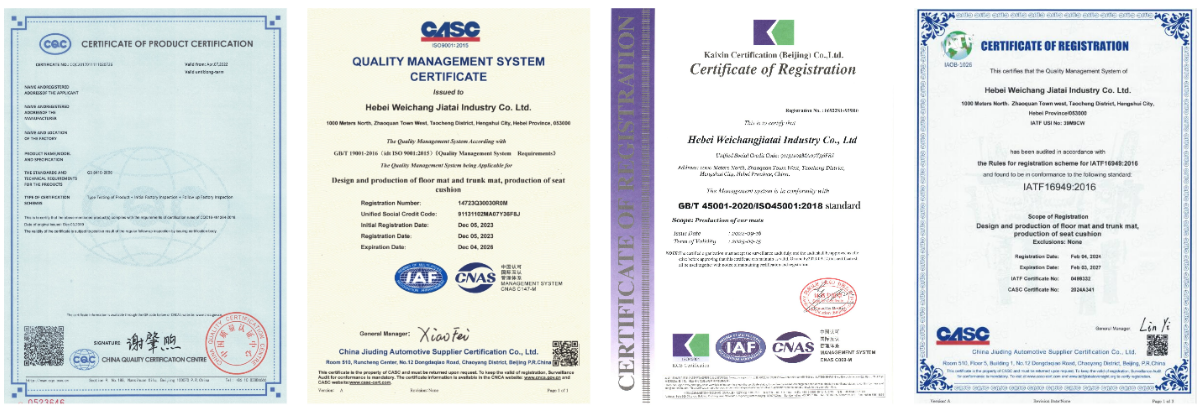
2. Customization and OEM/ODM Capabilities
Manufacturers can provide logo customization, color adjustments, packaging design, and even OEM/ODM services, helping brands create unique market identities. Trading companies typically supply standardized products with little design or R&D capacity.
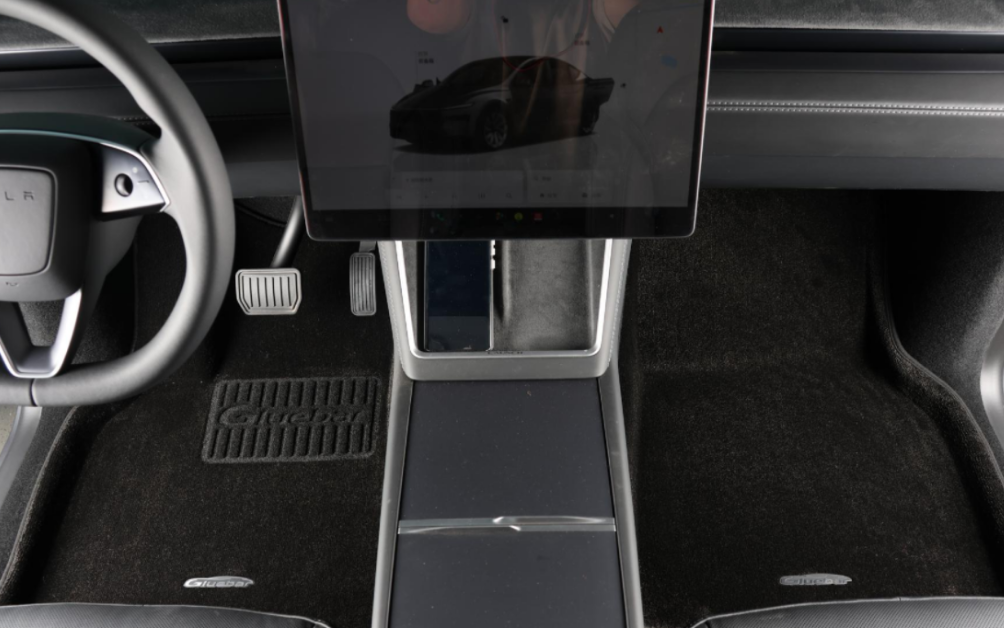
Flexible International Delivery Terms
Manufacturers support multiple delivery terms such as EXW, FOB, and CIF, giving customers flexibility in different markets. Trading companies usually rely on third parties, limiting their ability to respond to complex international requirements.
The Role and Limitations of Trading Companies
The Role of Trading Companies
In the international trade of car mats and accessories, trading companies often serve as a “bridge.” They are familiar with import and export procedures, helping clients quickly access products from different factories and consolidate the supply chain. For distributors or businesses with limited international sourcing experience, trading companies provide documentation support, customs clearance, payment channels, and logistics coordination, making it easier to enter new markets.
Limitations of Trading Companies
While trading companies offer convenience, there are notable limitations for distributors and brand owners:
Lack of Production Control – No direct oversight of manufacturing processes, making quality and lead times dependent on upstream factories.
Low Price Transparency – Margins are added on top of factory prices, obscuring true costs.
Slower After-Sales Response – Issues require back-and-forth communication, delaying resolutions.
Higher Long-Term Risk – As demand scales, trading companies may struggle to provide consistent and reliable supply.
Cost vs. Value Comparison
Direct Costs vs. Hidden Costs
Manufacturers offer factory-direct pricing, which delivers better long-term value. Trading companies may handle smaller orders, but their markups, combined with potential risks such as returns and delays, often drive up the total cost.
Return on Investment
Partnering with manufacturers may involve higher upfront communication costs, but it pays off with stronger long-term ROI. Trading companies can be useful for short-term trials but rarely support sustainable brand growth.
Risk Management and Supply Chain Stability
Control Over the Supply Chain
Manufacturers manage raw material sourcing and production processes directly, ensuring greater stability. Trading companies are more dependent on upstream suppliers, which increases risk exposure.
Compliance and Risk Mitigation
Manufacturers maintain robust traceability and compliance systems, ensuring smoother exports and regulatory adherence. Trading companies usually have weaker compliance frameworks, leaving brands more vulnerable to risk.
Final Recommendations and Decision Guide
When to Choose a Manufacturer
- Large or recurring orders
- Long-term partnerships
- Brand- and quality-focused buyers
- Businesses requiring R&D or custom design support
When to Choose a Trading Company
- Small test orders or trial markets
- New entrants into international trade
- Buyers with limited sourcing experience
Overall Recommendation
Trading companies can be a practical choice for initial market exploration, offering quick entry and flexibility. However, as your business grows and stability becomes a priority, manufacturers should be the preferred partners for securing long-term value. Gluebar is a car mats manufacturer with 30 years experience, contact us for wholesale and bulk orders.
